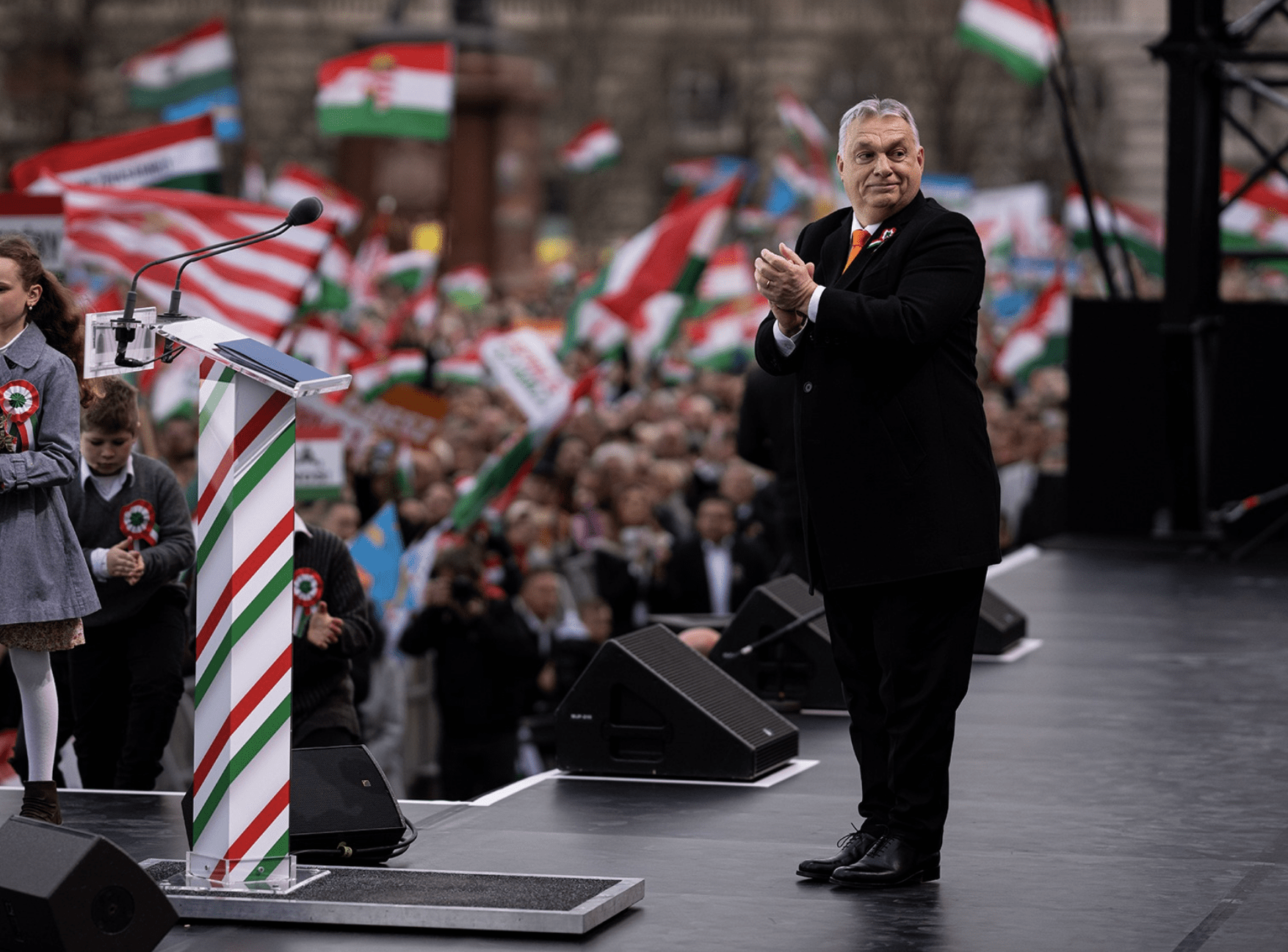
Following a decree issued earlier this week by President Vladimir Putin which demands “unfriendly” countries pay for Russian natural gas in rubles, Hungarian Prime Minister Viktor Orbán—refusing to adopt policies that run counter to the interests of the Hungarian people—has agreed to pay Moscow in rubles for the country’s gas imports.
Speaking at a press briefing, the prime minister, who days earlier led the country’s ruling party to a massive victory over the United for Hungary opposition coalition, told journalists that the Hungarian government has “no problem paying in rubles,” saying: “If the Russian ask, we will pay in rubles.” the Hungarian financial newspaper Portfolio reports.
The prime minister’s words reaffirm previous statements made by Foreign Minister Péter Szijjártó, who last week during a joint press conference with his Serbian counterpart said that “the supply of natural gas is governed by a bilateral agreement concluded between a Hungarian and a Russian company,” asserting that the “EU had no role in this.”
“Every country has made bilateral agreements individually, and how anybody changes them is none of our business. It is nobody else’s business how we modify the treaty,” Szijjártó continued, adding: “The EU’s intention to have a common response to Russian gas imports is not something we consider necessary.”
“I reassure everyone that Hungary’s energy supply is secure and will remain secure,” the foreign minister concluded.
President Putin’s demands come after the West leveled unprecedented sanctions against Russia in a collective effort to decimate its economy and severely limit its ability to wage war in Ukraine. In response, the Russian leader has threatened to stop supplying gas entirely to countries that refuse to make payments in rubles—a threat that, if acted upon, would have ruinous effects on the European economy, the likes of which have not been seen since the World War II.
Presently, the bloc imports 40% of its natural gas from Russia, with states like Austria and Germany, respectively, importing as much as 80% and 50% of their natural gas supplies from Russia. Business leaders in both countries have warned of catastrophic consequences if an energy embargo is imposed.
Days ago, Martin Brudermüller, the CEO of BASF, one of the largest chemical companies in the world, urged EU leaders to think twice before moving ahead with such drastic methods, asking: “Do we want to destroy the entire economy with our eyes open?”
Georg Knill, President of the Federation of Austrian Industries, expressed similar concerns late last month, noting that “cutting the gas tap so much overnight would have a serious impact on our daily lives, our energy supply, and our economy.” “To be clear on this: we cannot sustain the economy as we know it without gas from Russia,” he warned.
